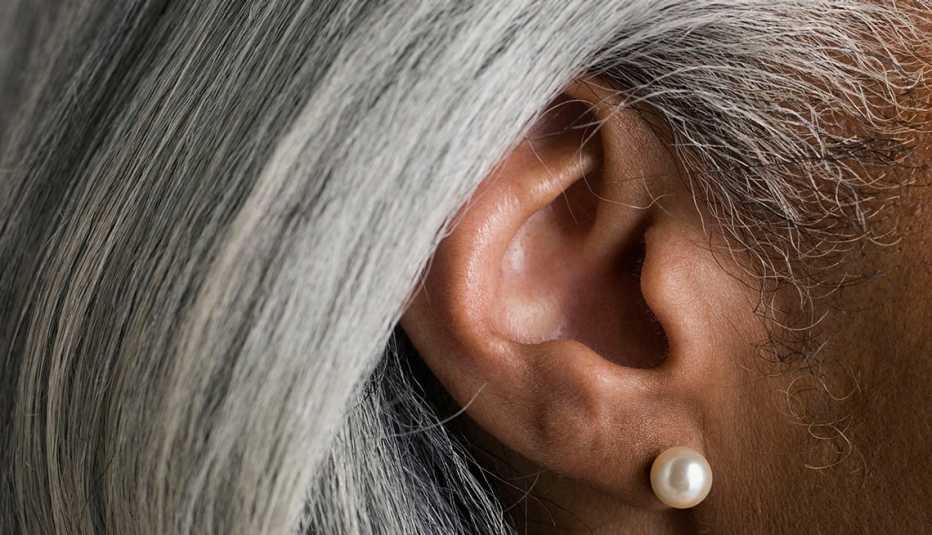Staying Fit


Your ears — like the rest of you — change with age. And it’s not only your hearing that’s affected: Everything from the texture of earwax to your risk of having tinnitus changes in midlife and beyond. But experts say the following good habits can help keep your ears healthy for years to come.
1. Get regular screenings
Think of regular hearing screenings like routine dental or eye exams: Your medical provider will make sure everything is functioning as it should and look for any problems — like hearing loss — in a timely manner.
“Screening does not necessarily mean a hearing test,” says audiologist Lindsay Creed, associate director of audiology practices for the American Speech-Language-Hearing Association (ASHA). “It can be a two-stage process, the first stage being a questionnaire or your medical doctor asking you three or four questions in conjunction with your physical.”
According to guidelines from the World Health Organization, adults 50 and older without hearing loss should be screened every five years through age 64, Creed says.


AARP Membership— $12 for your first year when you sign up for Automatic Renewal
Get instant access to members-only products and hundreds of discounts, a free second membership, and a subscription to AARP the Magazine.
Hearing aid life span is another factor to consider. According to Tejani, audiologists typically recommend replacing the devices every five to seven years, both because manufacturers may phase out support for older hearing aids and because new technology may offer advanced features. “That being said, there are patients who care for their devices so well that sometimes they don’t replace them after 10 years or so,” he says. “That is fine, as long as they are benefiting from their devices.”

































































More on health
Can COVID Cause Hearing Loss?
Researchers explore the link between the virus and the earsOver-the-Counter Painkillers Could Raise Tinnitus Risk
Study finds link between pain medication and ringing in ears